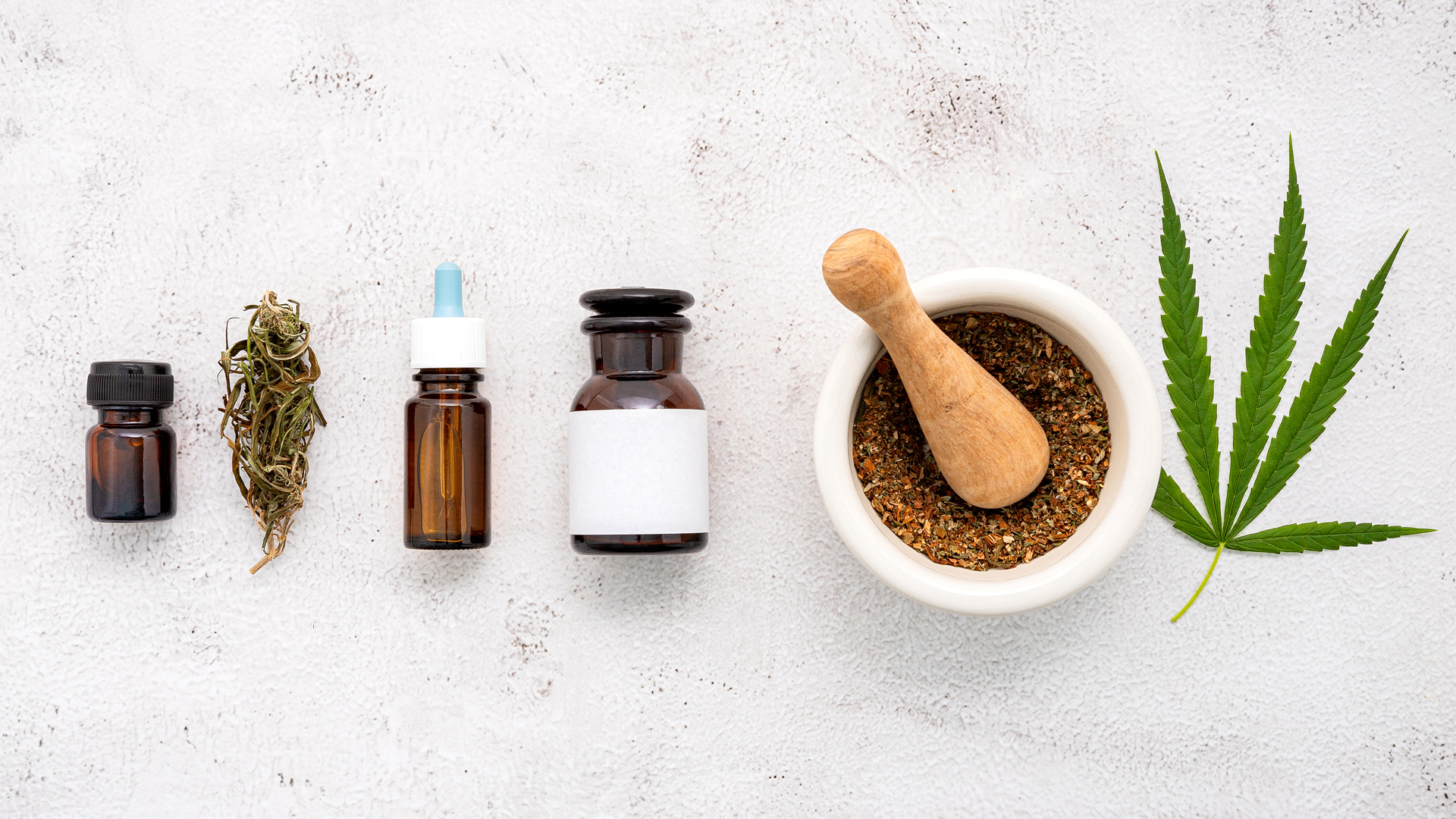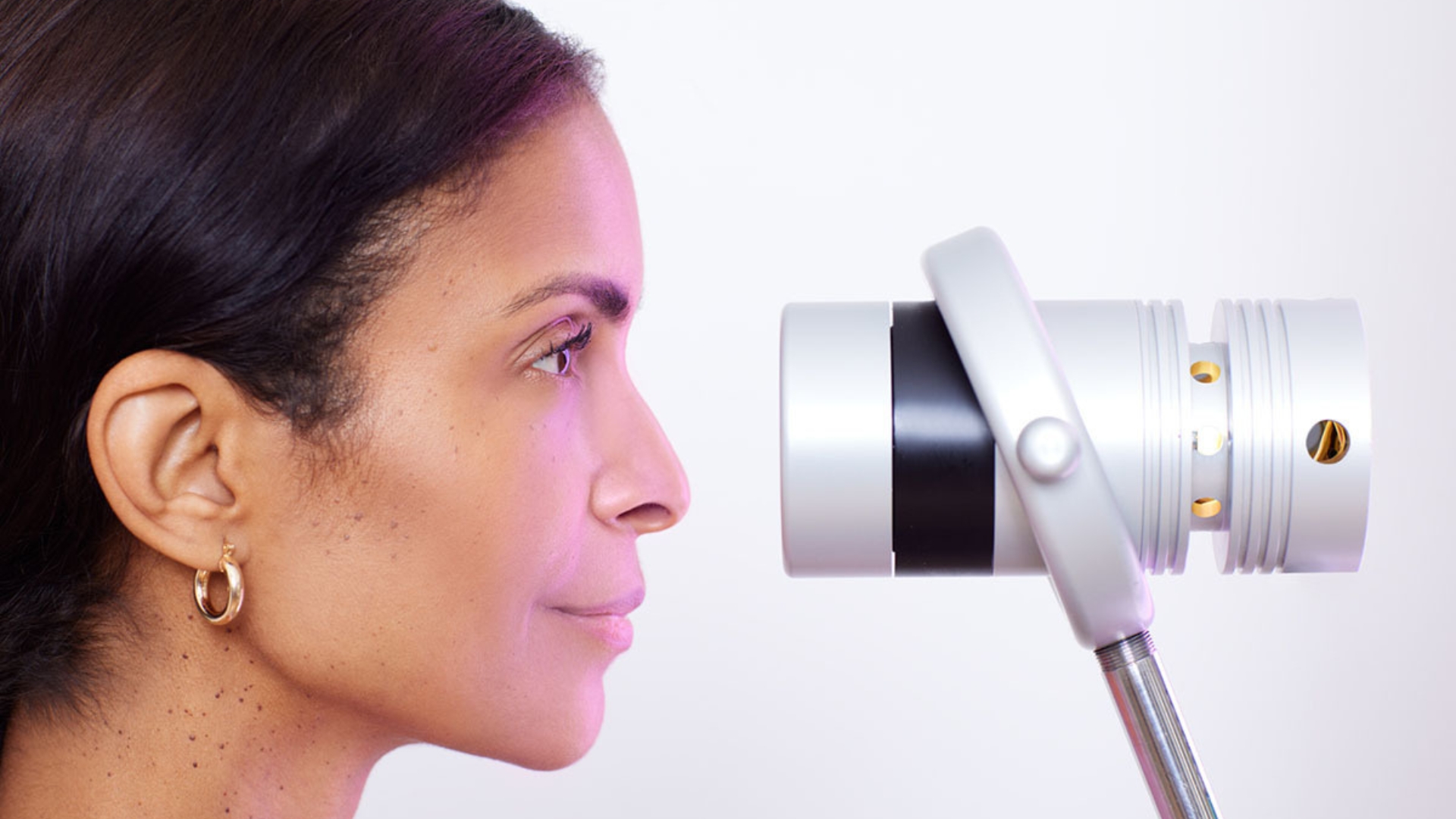Six DIY Health Trends to Avoid
Six DIY Health Trends to Avoid
These days, the internet is inundated with endless DIY health trends, offering new products, programs, and treatments on a daily basis. For the average consumer, this can quickly become a confusing mesh of information where you think you’re doing something good for your health when you actually might be doing the complete opposite.
This doesn’t necessarily mean a specific DIY health trend is “bad.” However, context matters. Every health trend or fad isn’t ideal for every person — especially if you have a specific goal in mind or a pre-existing health condition. So, let’s take a look at some of the current and most popular DIY health trends. What’s worth pursuing? What’s not? Which ones should you avoid? And why?
What Are Some DIY Health Trends You Should Avoid?
You should always be cautious of jumping on a new DIY health trend just because it worked for someone else. Sometimes, they really are just fads. In other cases, they simply aren’t right for you specifically. Below, we dive into the top six current DIY health trends that you might want to avoid.
1. CBD Everything
CBD, cannabidiol, is ultra-popular right now. Research even demonstrates the benefits of CBD when it comes to reducing anxiety and stress and improving sleep. But is having CBD in your face cream and all other makeup and beauty products really beneficial? Potentially not for everyone.
While CBD has undeniable health benefits, Harvard Health indicates that many of these products haven’t been tested sufficiently. In other words, a lot of the CBD products on the market today might not have as many benefits as they claim. Additionally, CBD may disrupt some individuals’ sleep-wake cycle.
Does this mean they don’t work? Absolutely not. It just means that you probably don’t need to go overboard with replacing every beauty or skincare product with CBD-infused purchases. Putting your thinking cap on and approaching these types of trends critically (along with thorough research) can help you find the balance that’s right for you — or help you determine if having these products is actually beneficial for your health or not.
2. Saunas
In the United States, in particular, we tend to think that more is always better. If we’re told a specific superfood is good, we think eating tons of it in our diet is the way to go. Yet, this is truly never the case. And the same can be said of sauna therapy. Everything in moderation is often actually what’s best.
Sauna therapy comes with an array of benefits, including improved heart health, reduced inflammation, and more. Yet, using saunas too regularly can actually have detrimental impacts on your health, including sweating out key minerals and electrolytes that help your body function optimally.
This is why many experts recommend limiting your sauna time to around 15-20 minutes. For beginners, it’s further recommended to start with two to five minutes and gradually build up from there. This gives your body time to adapt and acclimate properly.
The truth is that the body thrives with short or small bouts of stress, such as is the case when activating heat shock proteins. However, overdoing it is never a good thing, and this may prove even more true for those with certain medical conditions, such as low blood pressure.
Saunas may also come with other hidden risks, such as chlorine or chemicals, which may cause health issues when exposed to them regularly.
3. Cold Exposure
On the flip side of saunas is cold exposure. Wim Hof helped this specific DIY health trend take off, proving the method to his madness through a 2014 scientific study. We often see Olympic athletes talking about or using this type of therapy to boost their recovery and performance. Yet, is this right for you?
If you’re struggling with chronic fatigue or a chronic health condition, rapid cold exposure, which drops the core temperature quickly, can lead to a heart attack. This type of DIY health trend can quickly become a life-threatening situation. Thus, instead of going to extremes, if you want to try this specific trend, using slight temperature modulation in the shower can offer similar benefits, such as going from warm to less warm. Even a few degrees difference in temperature can provide benefits to the circulatory system. You don’t need to jump in ice water or anything extreme, especially if your body is already under stress.
4. Intermittent Fasting (IF)
Intermittent fasting has helped countless individuals lose weight and improve their health. Yet, further research shows that some individuals really struggle with this type of diet and restriction, indicating that there really is not one single diet for everybody.
If you’re recovering from a chronic condition, especially one that impacts the adrenals and increases stress, fasting can add even more stress to your body. This increased stress doesn’t help with recovery or healing. In fact, it makes it that much harder.
This is why for some individuals eating smaller and more frequent meals might actually be best, specifically if you’re trying to “detox” or lose weight. If you withhold food from your body for long durations, your body won’t excrete toxins properly and you’ll end up with more issues. Instead, go for smaller meals and snacks consisting of low-calories, high-nutrients, and high fiber, like vegetables and fruits, to ensure your body gets the nutrients and energy it needs to function well.
On top of this, intermittent fasting can lead some individuals down a slippery slope where disordered eating patterns become their norm. Thus, this type of eating pattern is definitely not for everyone.

5. HIIT
High-Intensity Interval Training (HIIT) became popular in the early 2010s. Suddenly, it was everywhere. From gym workout classes to recommendations from trainers, HIIT was the go-to training method for weight loss and increased muscle tone.
Yet, the actions you take toward optimal health should depend on who you are, what your goal is, and what your current health status is. If you’re training for the Olympics or are 110% healthy, you can probably perform HIIT a few times a week without any ill effects. On the other hand, if you’ve suffered from adrenal fatigue, this type of exercise will completely exhaust you, creating various setbacks in regard to your health. In fact, for the majority of people, HIIT might not be the best training regime due to the high amount of stress it places on the body.
This is especially true for elderly individuals. As time goes on, our joints face inevitable wear and tear. HIIT can actually accelerate this, worsening joint pain and other joint problems, such as arthritis.
6. Ear Candling
Loads of earwax is never ideal. In fact, ear wax build-up can even create irritable ringing in the ears. Enter: Ear candling.
This type of DIY health trend has some clear benefits, such as removing ear debris and earwax. However, since it involves placing a candle in your ear and burning it, it could go terribly wrong at home. It can also end up pushing earwax deeper into the ear canal, creating other problems and making it not very effective. For some health trends, you should definitely place your trust in the hands of the experts.
Find What Works for You
At Innovative Medicine, we don’t believe or endorse the idea that “one-size-fits-all,” especially when it comes to your health. For optimal health, each person requires a customized approach, suited to their specific situation and needs. DIY health trends don’t account for these individual differences. Thus, they aren’t suitable for everyone at all times. Again, this doesn’t mean they might not work in some situations. At the same time, it means you should always take on a critical approach when introducing any new regime or practice into your regular health routine. Ask yourself: Is it right for me? Who has it worked for in the past? Does it align with my goals?
Disclaimer: The statements made in this article have not been evaluated by the Food and Drug Administration. Any products or treatments mentioned are not intended to diagnose, treat, cure, or prevent any disease. Please consult a licensed medical practitioner for medical advice.
At Innovative Medicine, we believe in transparency. We want you to know that we may participate in affiliate advertising programs pertaining to products mentioned herein.
See how we can help you restore complete health of body, mind & spirit.
Join our mailing list and receive exclusive offers + information!







Leave a Reply
Want to join the discussion?Feel free to contribute!